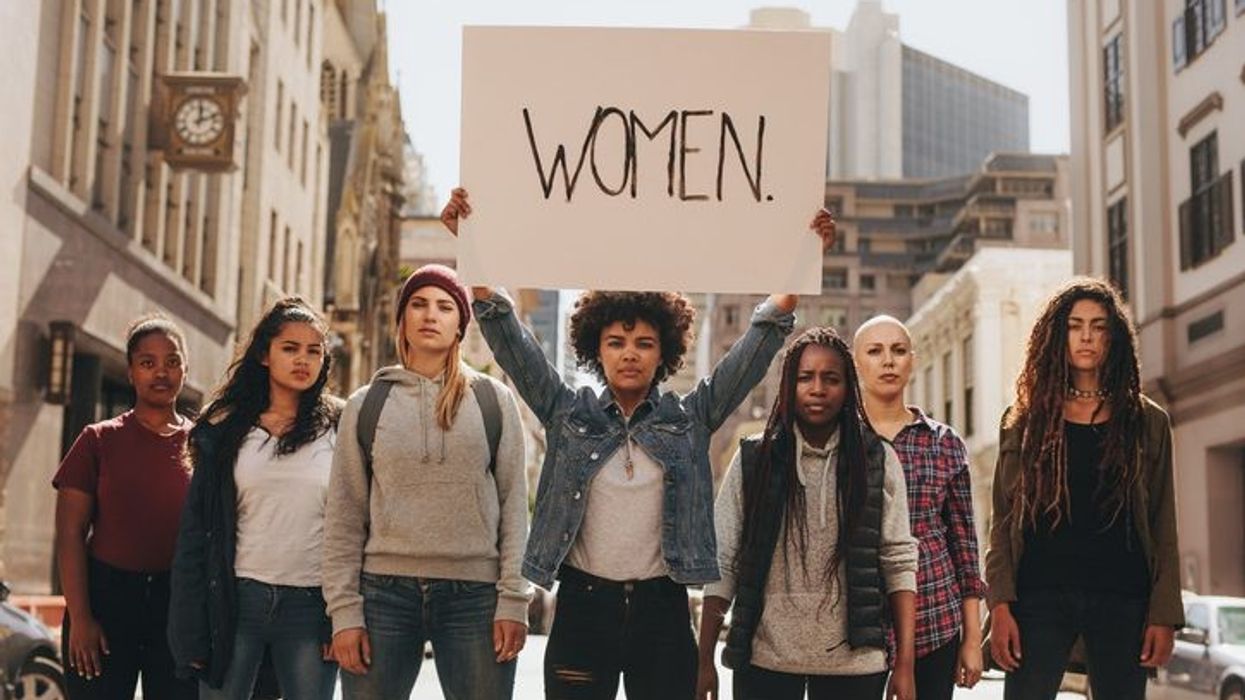There has been no improvement in the data tracking biases against women over the past decade, indicating that societal prejudices remain “deeply imbedded” despite initiatives like MeToo, a UN report said Monday (12).
The report, conducted by the United Nations Development Programme (UNDP), analysed seven biases and found that nearly 90 per cent of individuals worldwide hold at least one bias related to gender social norms.
The study reveals that these prejudices "are widespread among men and women suggesting that these biases are deeply embedded and influences both men and women to similar degrees.”
The United Nations agency has recently revised its Gender Social Norms Index (GSNI) by incorporating data from the World Values Survey, an international project that examines global shifts in values and beliefs.
The updated index reveals that biases against women have not improved over the course of a decade, the UNDP said. This lack of progress persists despite the influence of impactful global and local movements advocating for women's rights, including the MeToo movement.
The GSNI takes various factors into consideration, such as political, economic, educational, and physical integrity metrics, in order to assess the extent of biases prevalent in society.
For instance, the report highlights that 69 per cent of the global population still holds the belief that men are more capable political leaders than women, while only 27 per cent consider it crucial for democracy that women possess equal rights as men.
Additionally, nearly half of the population (46 per cent) believes that men have a greater entitlement to job opportunities, and 43 per cent hold the view that men are better suited to be business leaders.
Furthermore, 25 per cent of the population finds it justifiable for a man to resort to violence against his wife, and 28 per cent believe that higher education is more important for men.
These deeply ingrained prejudices not only pose significant barriers for women but also contribute to a rollback of women's rights in many parts of the world, the report said.
"Without tackling biased gender social norms, we will not achieve gender equality or the Sustainable Development Goals," it said.
The lack of progress on gender biases comes as the UN also reports declining human development metrics in general, linked in particular to the Covid-19 pandemic.
"Social norms that impair women's rights are also detrimental to society more broadly, dampening the expansion of human development," Pedro Conceicao, director of the UNDP's Human Development Report Office, said in a statement.
"Everyone stands to gain from ensuring freedom and agency for women," he said.
(AFP)




